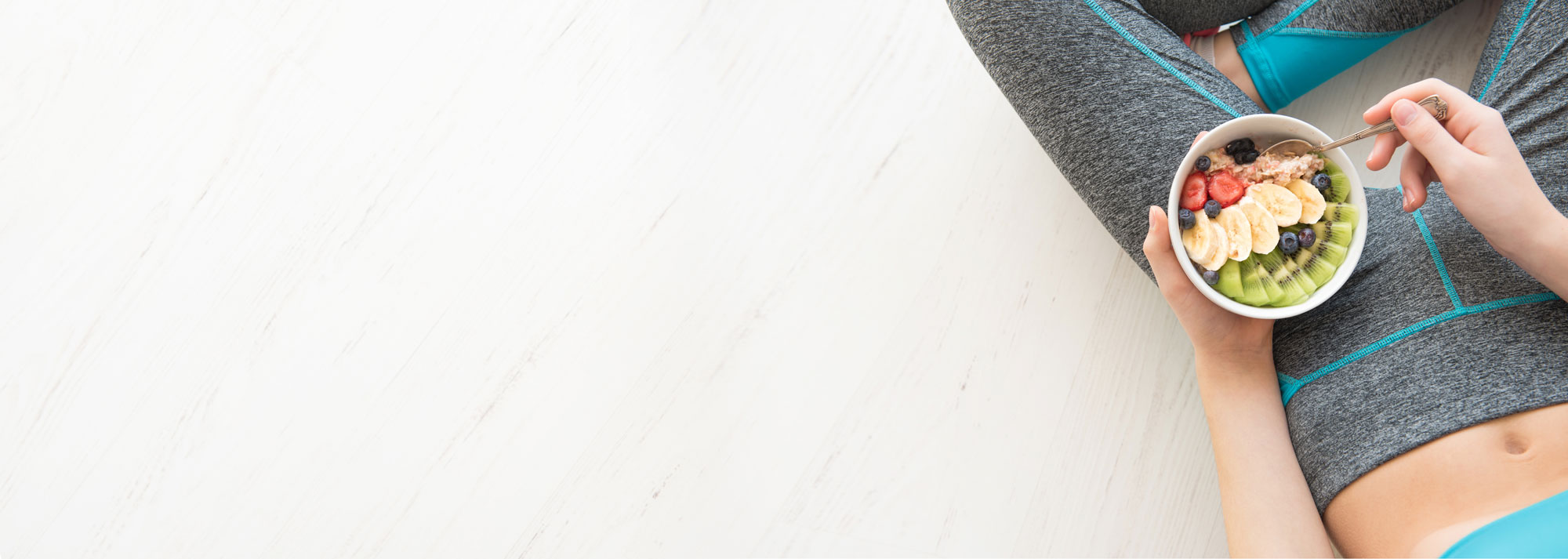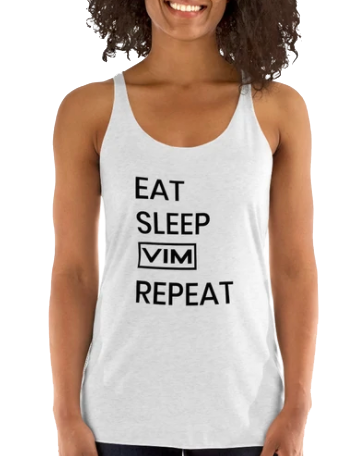Liz Marino RD, LDN, CSSD, and author of the blog No More Cheat Days
Have you ever experienced that feeling of discomfort at a social event when a smiling stranger walks up and introduces themselves just as you served yourself a generous slice of cheesecake?
Do you suddenly feel the need to explain why you’re having dessert? Do you think wow, great first impression, and begin to wonder what they’re thinking about you, wishing you had just stuck with the fruit?
On the flip side, have you ever been finishing up a salad at a family picnic when a relative holding a plate of pasta salad, chips and a cookie comes to sit down and makes a comment like, “Don’t look at my plate! I promise I ate a salad for lunch.” or “You’re soooo healthy. I wish I could eat like you.”
Dialogue like this is a relatively common occurrence and I would argue that it’s because we care about image. And while caring about how we present ourselves in this world is absolutely fine, often times it seems like there are assumptions about our character and personality tied to our food choices and physical image.
There’s a pretty well-known study of 3 to 5 year old children playing a board game that gives us some heartbreaking insight. The children in the study were asked to select a figure (think Chutes and Ladders cartoon child) to represent themselves in the game. There was a significant preference towards selection of thin pieces, and a significant aversion to fat ones. The large cartoons characters were described by the children as mean, sloppy, stupid, no friends, ugly and loud. The thin ones were describes as nice, smart, neat, quiet, friends and cute. When researchers asked the children who selected thin pieces to switch, there was an unwillingness to take the fat piece. The stated reasons why were things like, “I don’t want to be her. She is fat and ugly.” Yikes. These innocent children not only made, but internalized these stereotypes.
You might have an idea where are these little kids getting these messages….ever see an ad for a “guilt-free dessert?” On one side of the page, there’s a shame-ridden woman “sneaking” a bite of cake, and on the other side of the page, the same woman, this time appearing happy and carefree while enjoying the low-calorie cake-like dessert. Advertising clearly perpetuates the association of consuming certain foods/staying away from others with certain character traits (be it confidence, success, discipline and happiness or weakness, failure and gluttony.) And so we find ourselves saying things like “I ate a salad earlier” because, just like the little girls, we don’t want to be perceived as being lazy or sloppy. The problem with associating food and character is that it implies that your character is contingent on what you eat…and it’s not.
For example, if we view the Paleo diet as “good,” we believe that following it is a good thing to do and therefore, when we follow it we are good. It’s easy to incorporate this belief into our identity “I’m Paleo” and “I’m good because I’m Paleo”…although it’s simply not the truth.
Your worth is not hinged on what you eat.
You are not better because you don’t eat chocolate, and you are not bad if you enjoy chocolate. You are a good person. Period. So let’s stop tying our morality to our food choices. Avoid comments like “I’m so bad for eating this, ” or “I’ve been really good today.” Choose foods you like, that make you feel physically good, and that are satisfying in portions that honor your hunger and respect your fullness.
There are more substantial things than diets, weight and image to talk about. Let’s engage in conversation about ideas, goals, challenges, things that you want to learn more about, and interests you have to share! It’s much more exciting and you’ll actually build stronger, more meaningful relationships in the process.
So if you want that piece of cheesecake at a party, take and enjoy it. Life is too short to make choices based on what others (may) think about you.
If you have a go-to lunch, feel free to share it in the comments!
VIM is now offering nutrition services with Trainer & Nutrition Coach, Christine Galvin!
Click below to find out how you can benefit from 1 on 1 Nutrition Coaching!
[button link=”https://vimfitness.com/nutrition/” text=”LEARN MORE” color=”green” size=”large” fullwidth=”true”]







